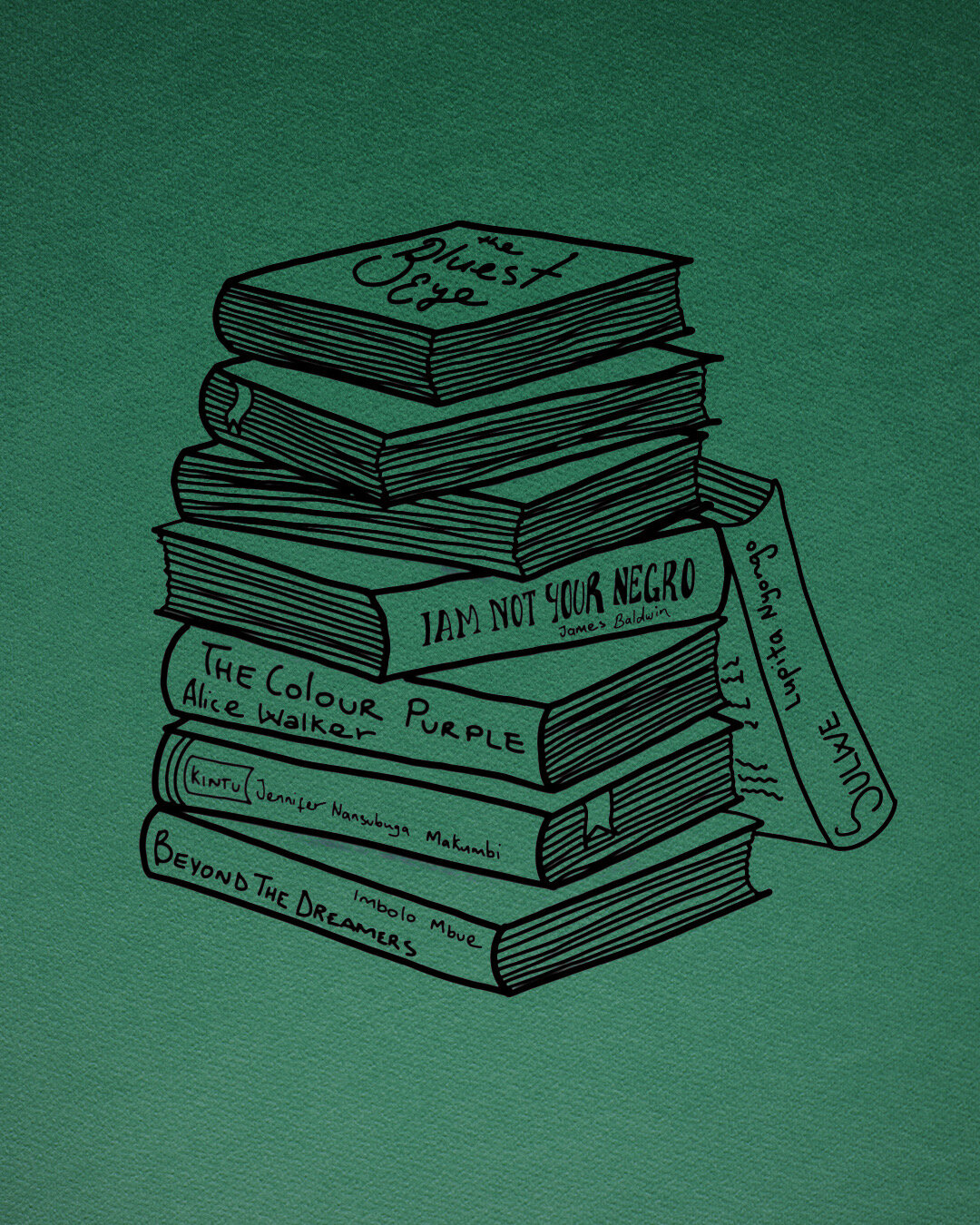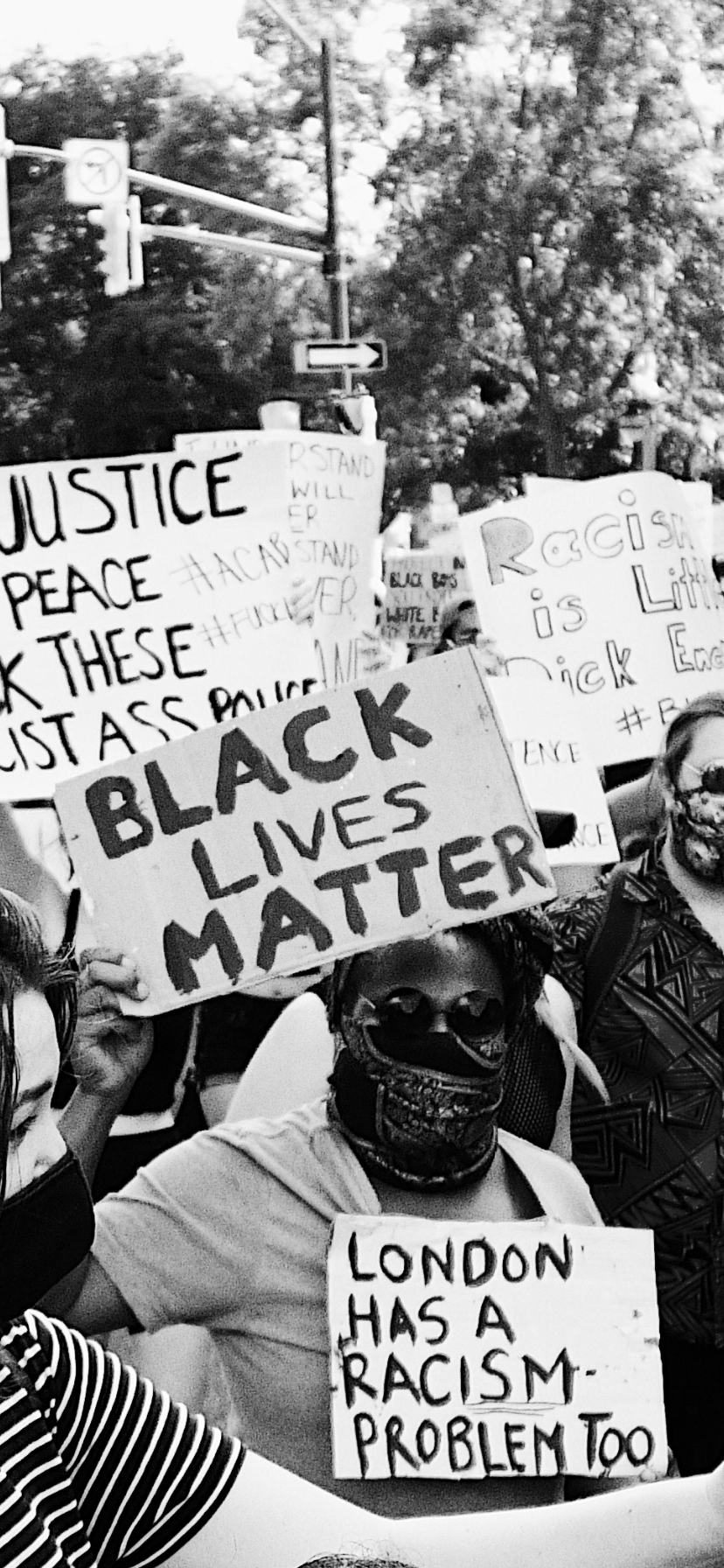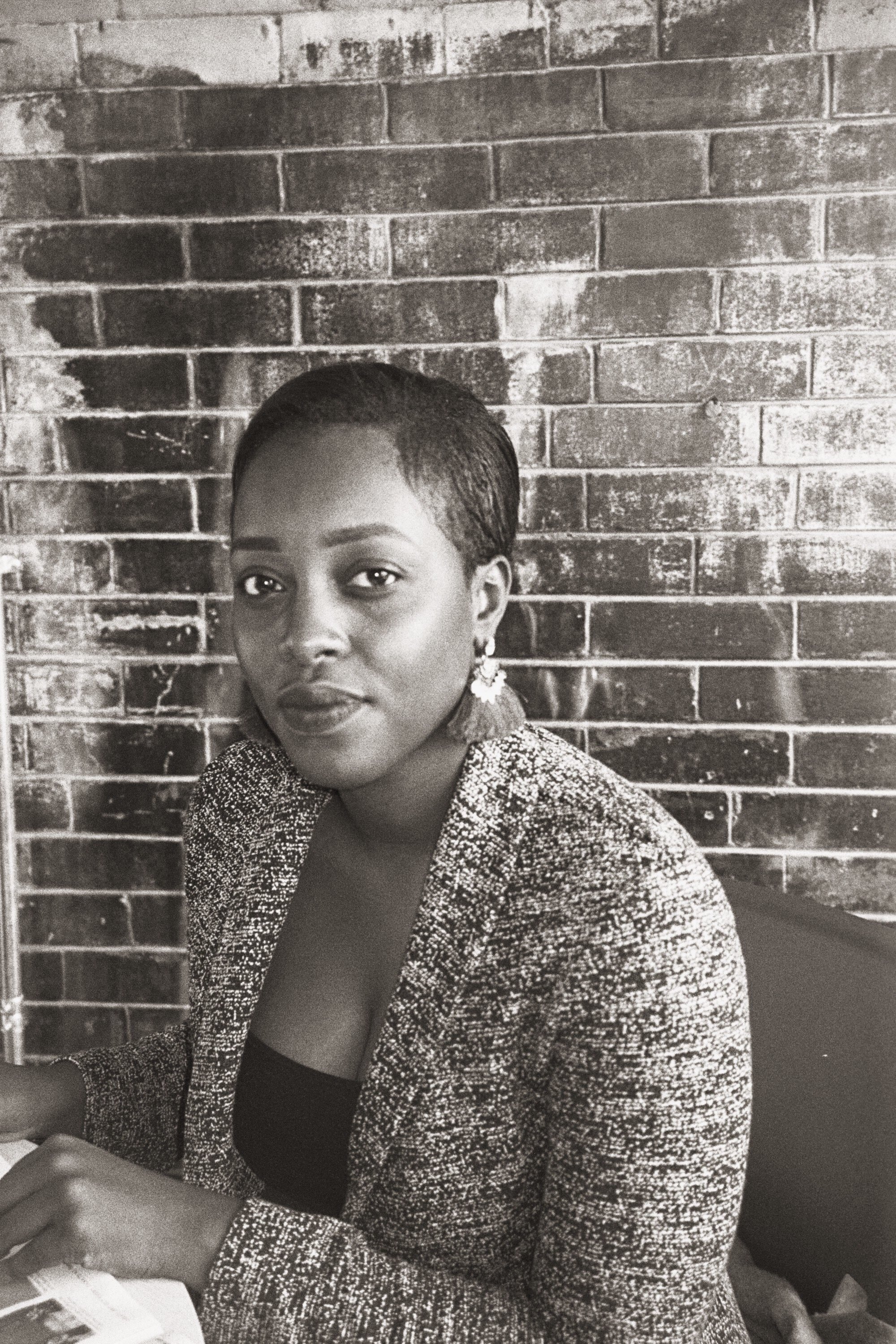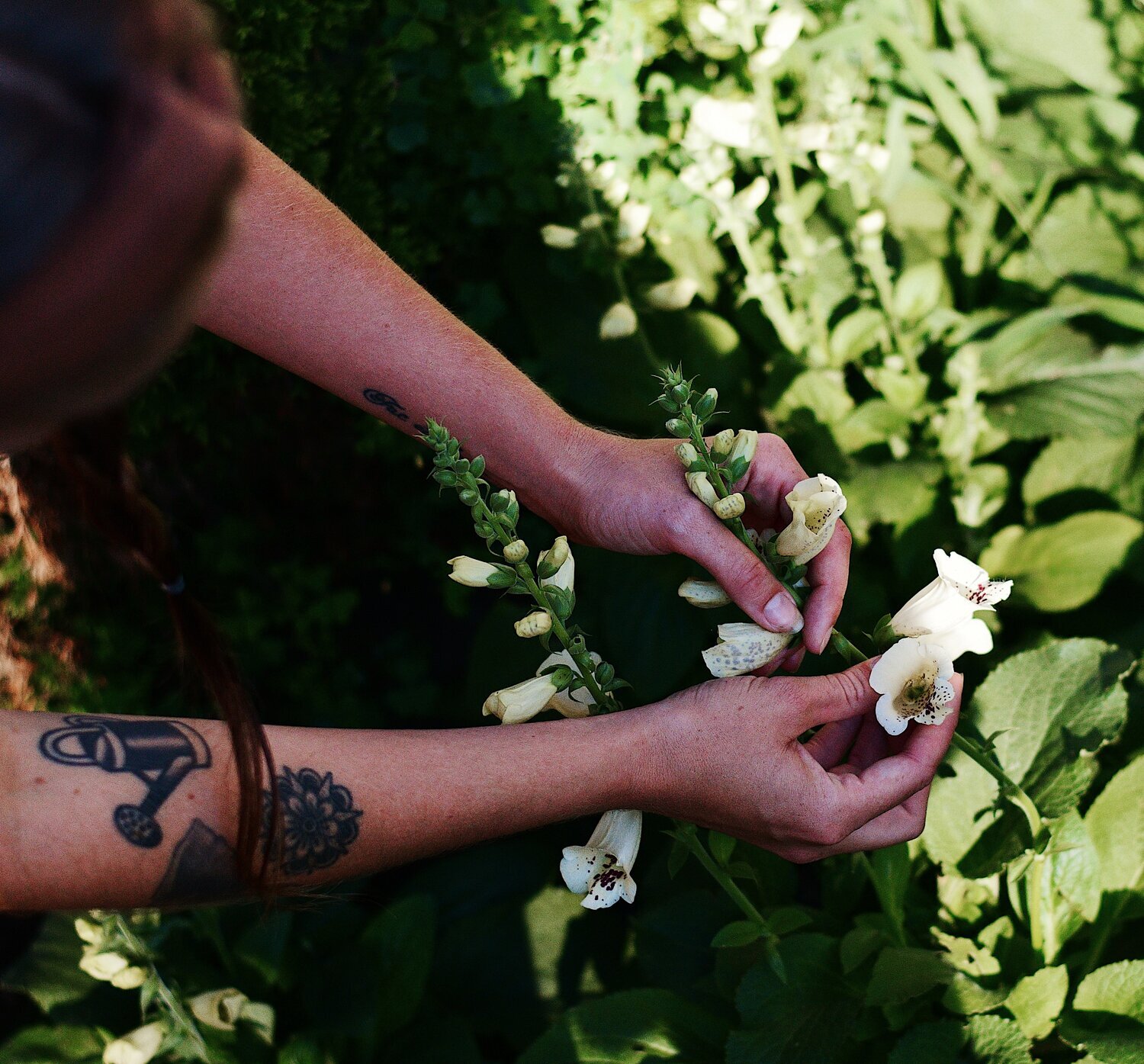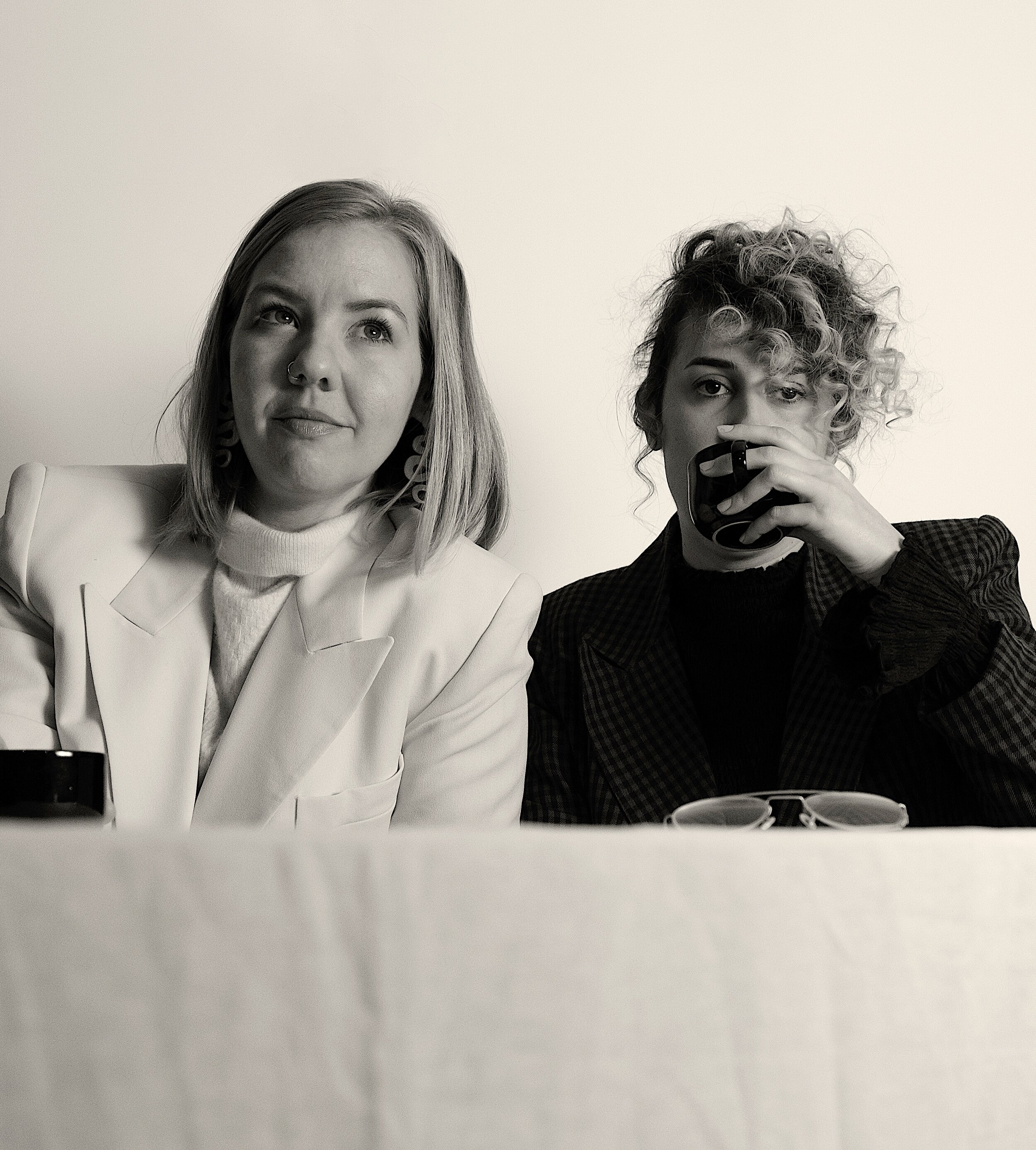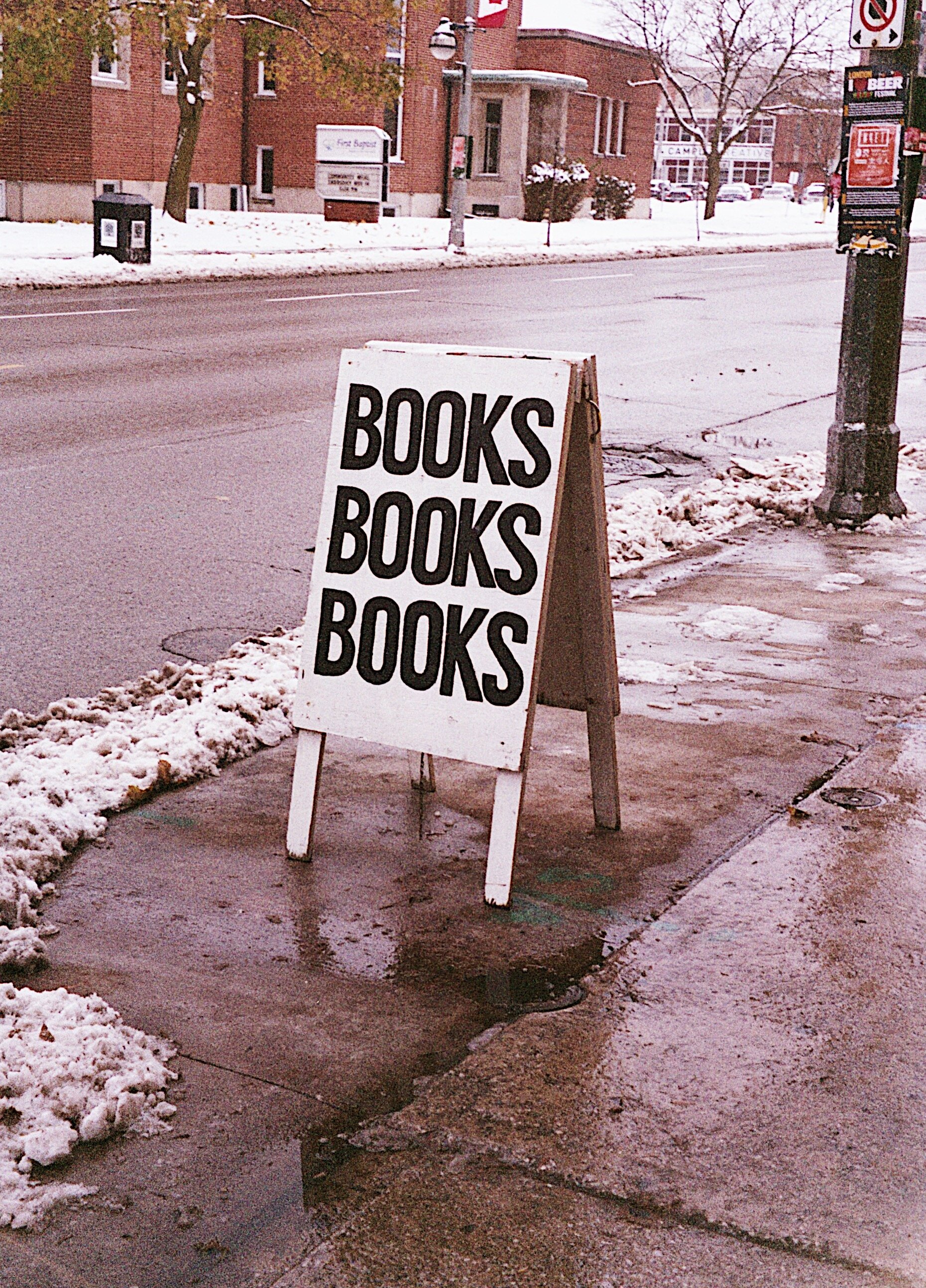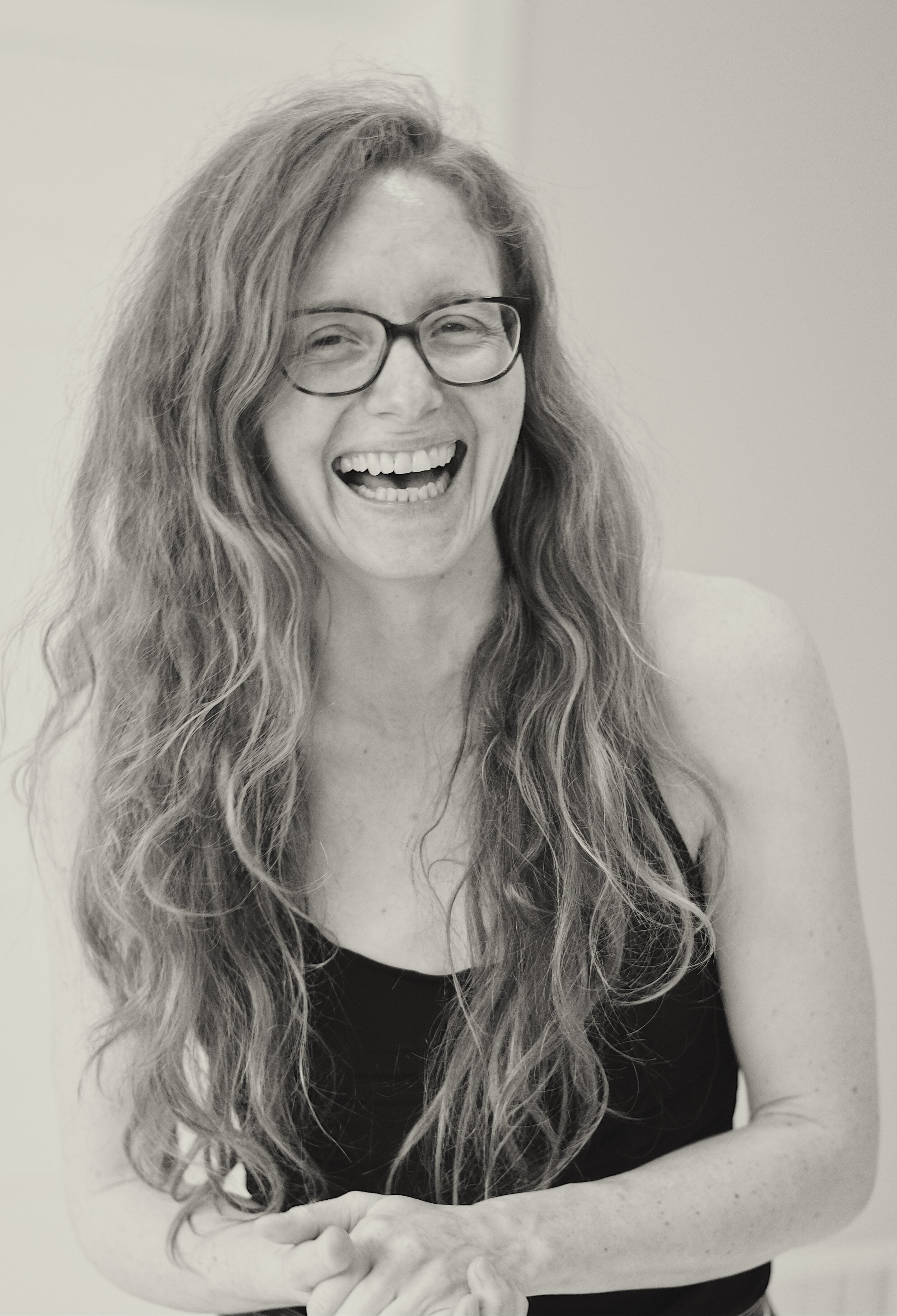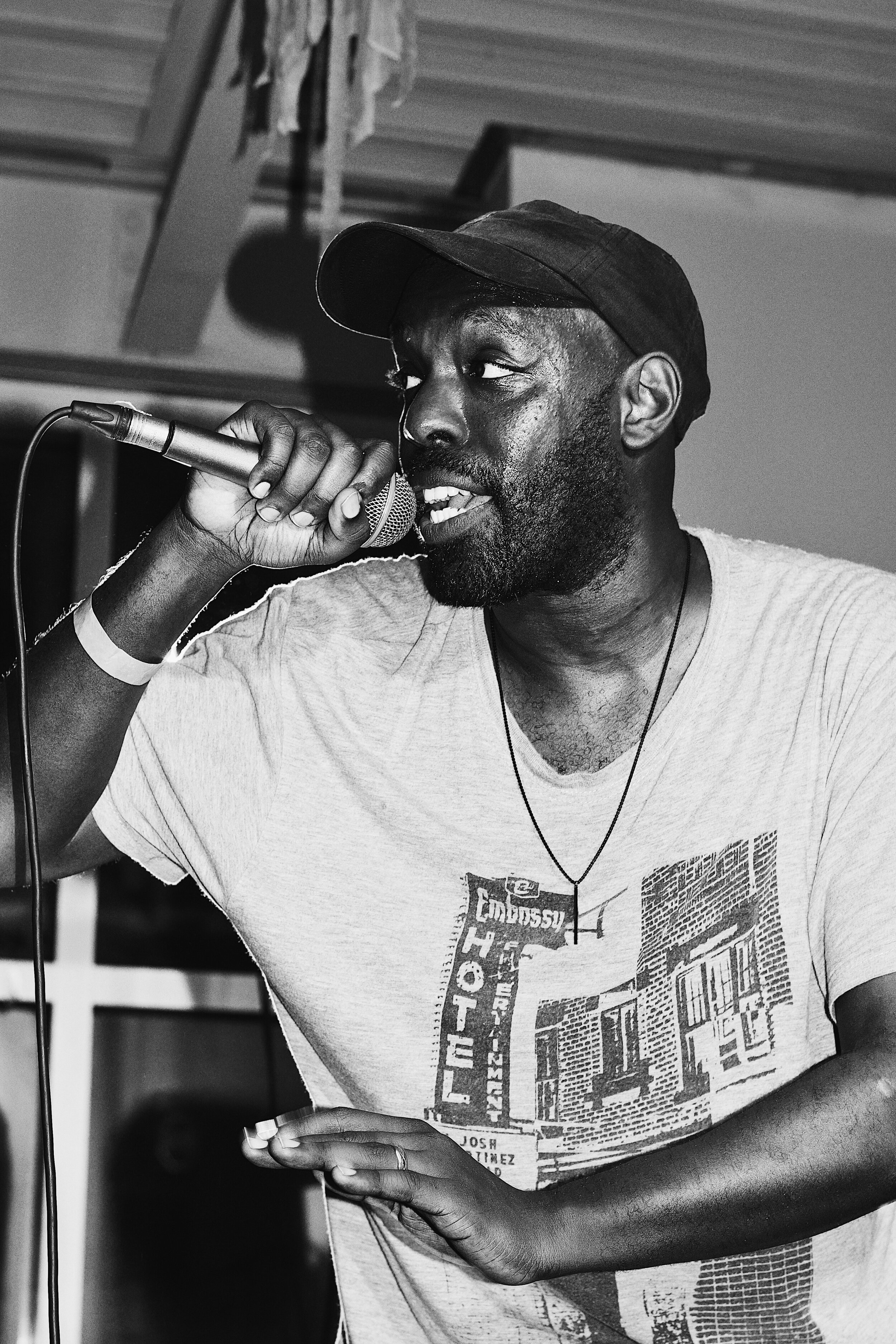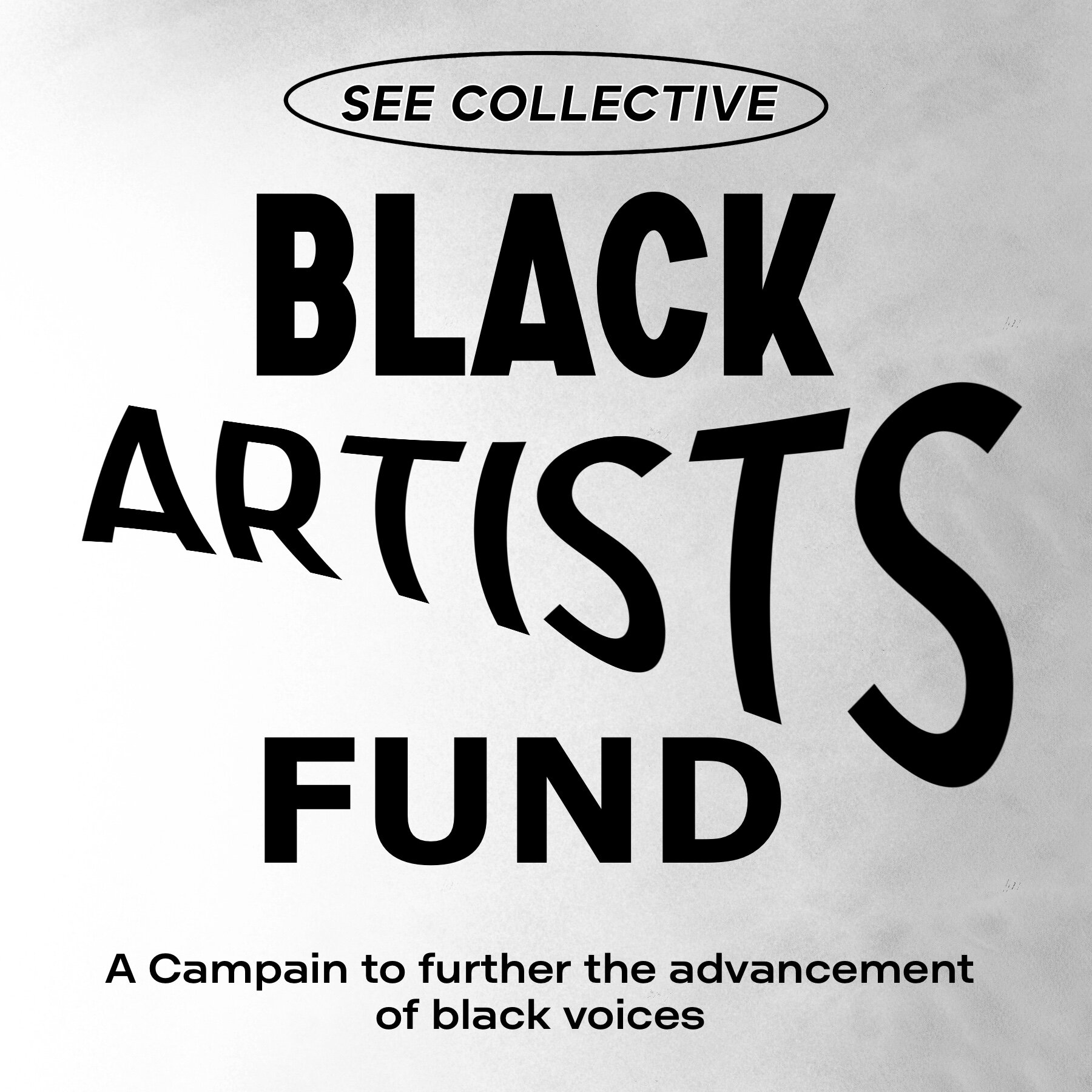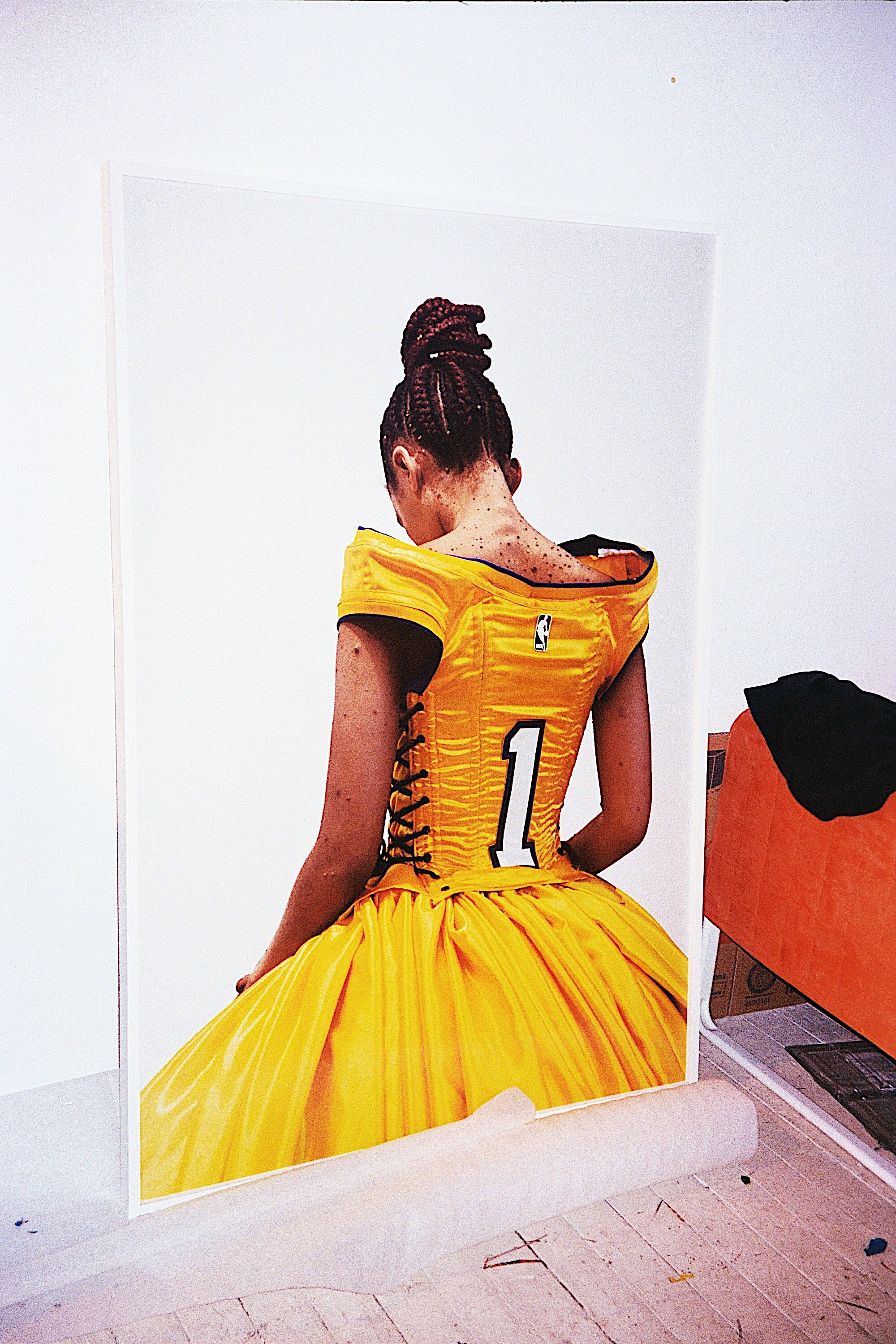PUBLIC LIBRARIES
+ INFORMATION ACTIVISM
Though the internet widens our global access to information, a lot can get lost within its culture of quick, bite-sized chunks of information specifically on social media platforms. The sharing of information linked to the BLM movement, expanded at unprecedented speed and scale—growing nationally in the US and then internationally, ultimately defining it as a social media movement. This information has been powerful and proven useful in terms of providing an introduction to racial Injustice issues. However, going off this information alone falls short, oftentimes oversimplifying complex conversations. A remedy to this impulsive combative oversharing of information is a closer connection to the idea that research is needed to formulate well-rounded ideas. This is where public libraries can come in as important instruments for social and political activism.
The public library as the cultural and scholarly heart of the community invites a deeper look into presenting hidden and oftentimes uncomfortable histories. This puts public libraries at the forefront of information activism, as their role to the community aims to erode structural and socioeconomic barriers. They do this by providing free access to multiple insightful resources.
Bellow, Rima Sater - a self-taught film photographer and Library Assistant - walks us through resources that are readily accessible at the London Public Library. Resources that can inspire the reader towards progress by giving language and context to the layered issues of our current cultural climate.
Story by Rima Sater
Illustrations By Chance Mutuku

